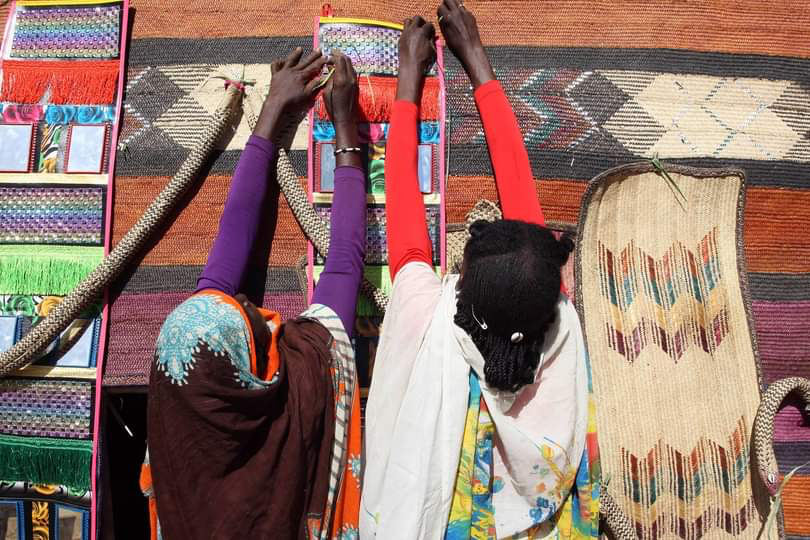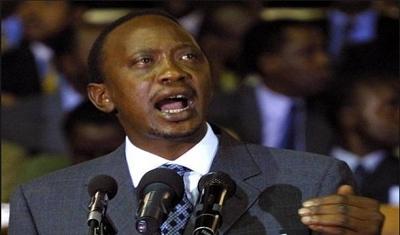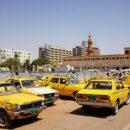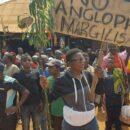
Debating Ideas is a new section that aims to reflect the values and editorial ethos of the African Arguments book series, publishing engaged, often radical, scholarship, original and activist writing from within the African continent and beyond. It will offer debates and engagements, contexts and controversies, and reviews and responses flowing from the African Arguments books.

The podcast series “African Voices, African Arguments” features African scholars, writers, policy makers and activists on issues of peace, justice and democracy, and is produced by the World Peace Foundation and presented in partnership with The Institute for Global Leadership at Tufts University.
Abdelgabar Abdalla Abdelwahab speaks with Alex de Waal on the importance of art, culture and language for peace building in Sudan.
*Featured image by Magdi Abdalla-Alrubi
This podcast was first published on the World Peace Foundation’s blog Inventing Peace.

Abdelgabar Abdalla Abdelwahab is a Sudanese writer, researcher and translator with a special focus on the inextricable linkages between language, culture, basic freedoms, freedom of thought and expression, human rights, social justice, and peacebuilding. He has published widely on Sudanese language and culture and the challenges of translation, as well as translating important texts into Arabic.

Alex de Waal is the Executive Director of the World Peace Foundation at The Fletcher School of Law and Diplomacy at Tufts University. Considered one of the foremost experts on Sudan and the Horn of Africa, his scholarly work and practice has also probed humanitarian crisis and response, human rights, HIV/AIDS and governance in Africa, and conflict and peace-building.

African Arguments is a pan-African platform for news, investigation and opinion that seeks to analyse issues facing the continent, investigate the stories that matter, and amplify a diversity of voices.

The Institute for Global Leadership is an incubator of innovative ways to educate learners at all levels to understand and engage with difficult global issues. They develop new generations of effective and ethical leaders who are able and driven to comprehend complexity, reflect cultural and political nuance, and engage as responsible global citizens in anticipating and confronting the world’s most pressing problems.






